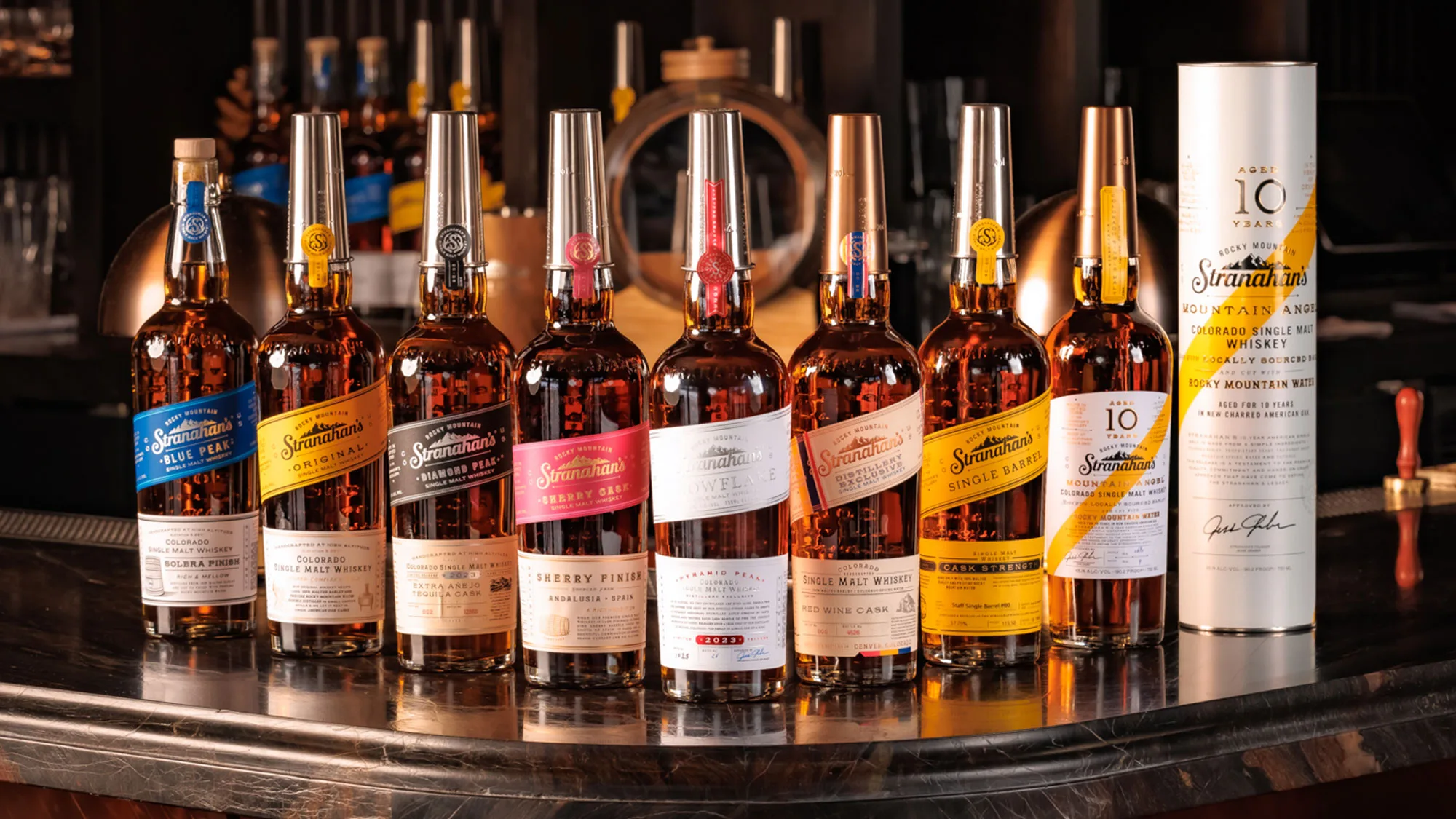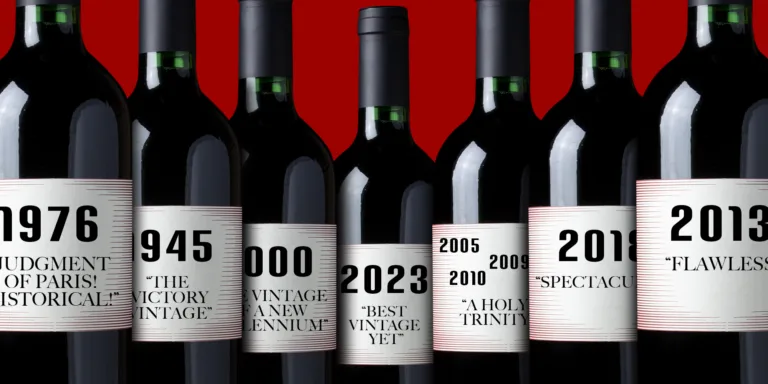After years of deliberation, the Alcohol and Tobacco Tax and Trade Bureau (TTB) delivered a final rule today that officially recognizes American single malt whisky as a spirits category. Before this decision, there was no firm definition of what “American single malt whisky” was, or who could use the term of the label. But effective January 19, spirits that boast this title will have to adhere to specific production requirements.
The TTB’s final rule states that American single malt whisky is a type of whisky that is mashed, distilled, and aged in the U.S. and distilled entirely at one distillery. It must be made from 100 percent malted barley, distilled to a proof of 160 or less, stored in oak barrels with a maximum capacity of 700 liters, and bottled at no less than 80 proof. The addition of neutral spirits, coloring, flavoring, or blending materials is prohibited, with the exception of caramel coloring. The TTB is also allowing the use of the designation “straight” for American single malt whisky that is aged for two years.
This is a momentous occasion for distillers across the U.S. that produce American single malt producers have been anxiously awaiting this decision after two long years of deliberation by the TTB. The American Single Malt Whiskey Commission (ASMWC), which was founded in 2016 by pioneering producers like Westland Distillery and Virginia Distillery Company, tirelessly lobbied for this designation, and now that it’s approved, producers have high hopes that this TTB ruling will propel the






